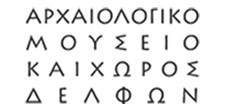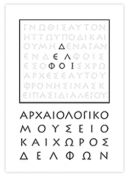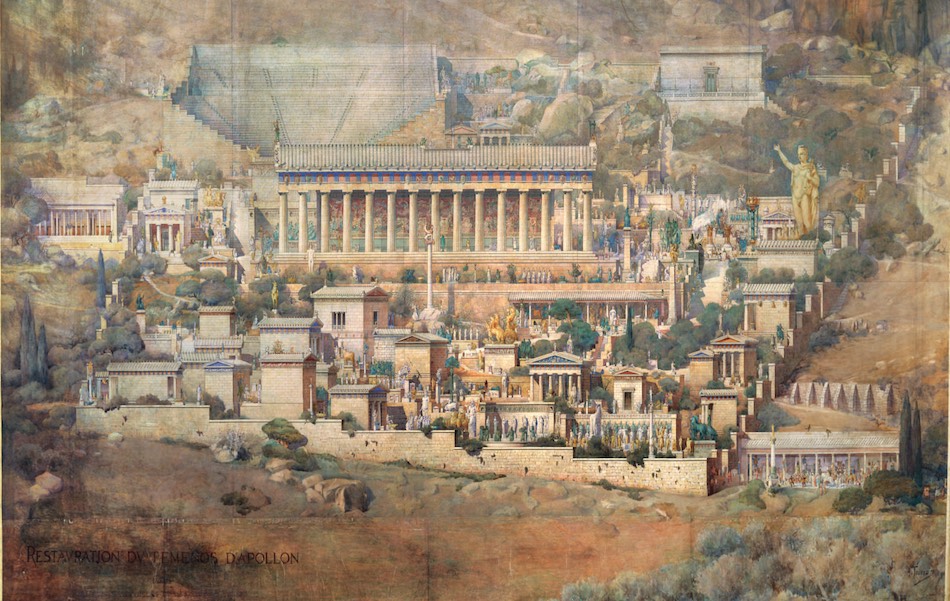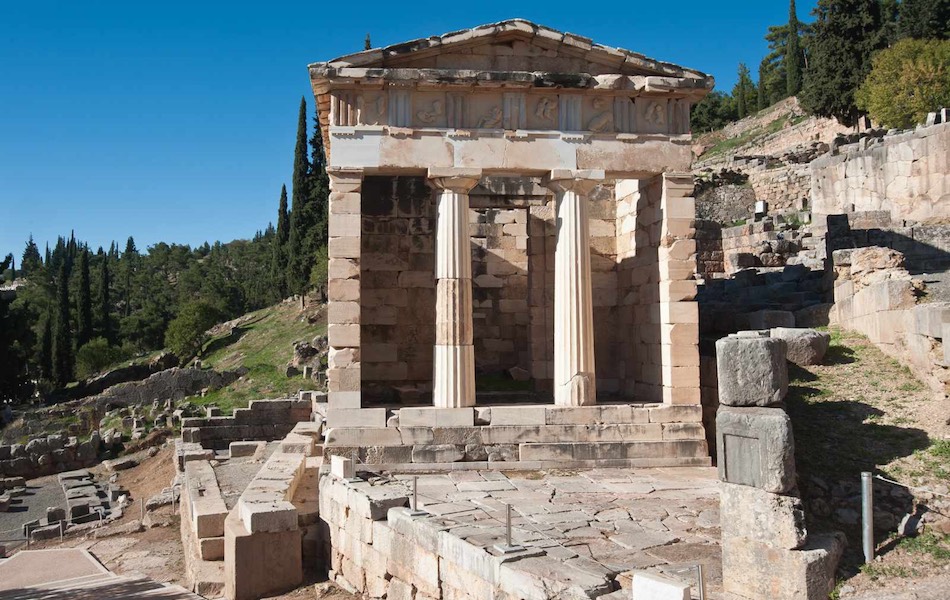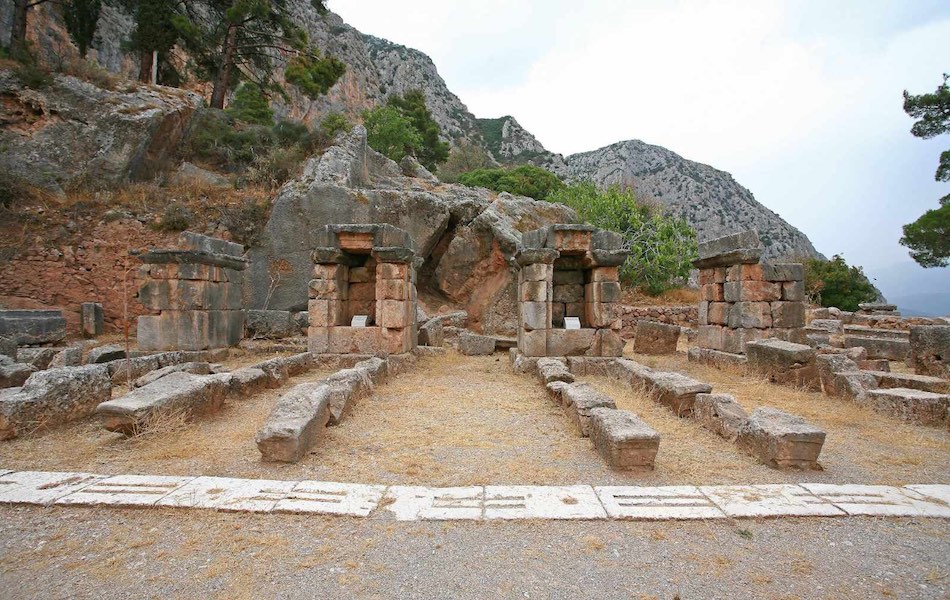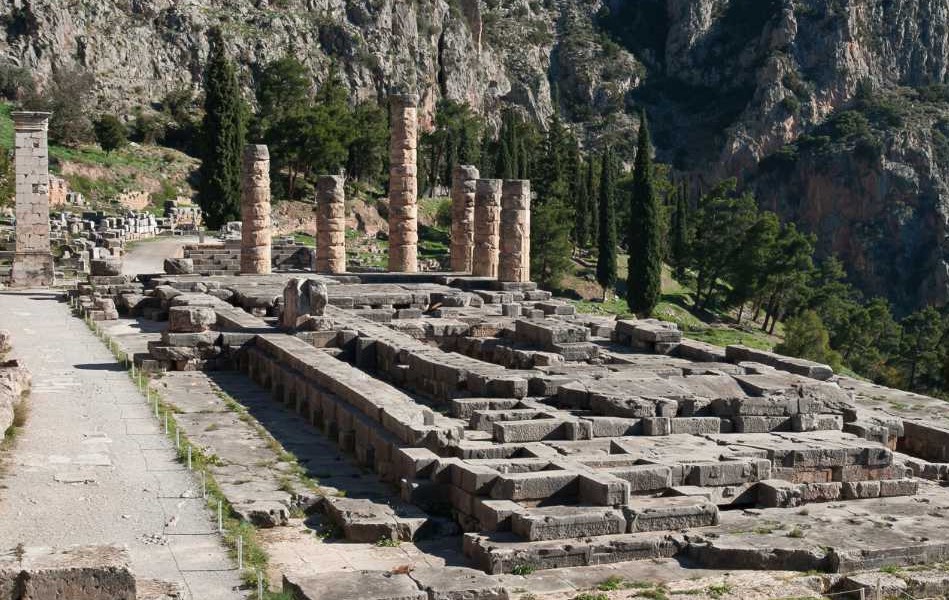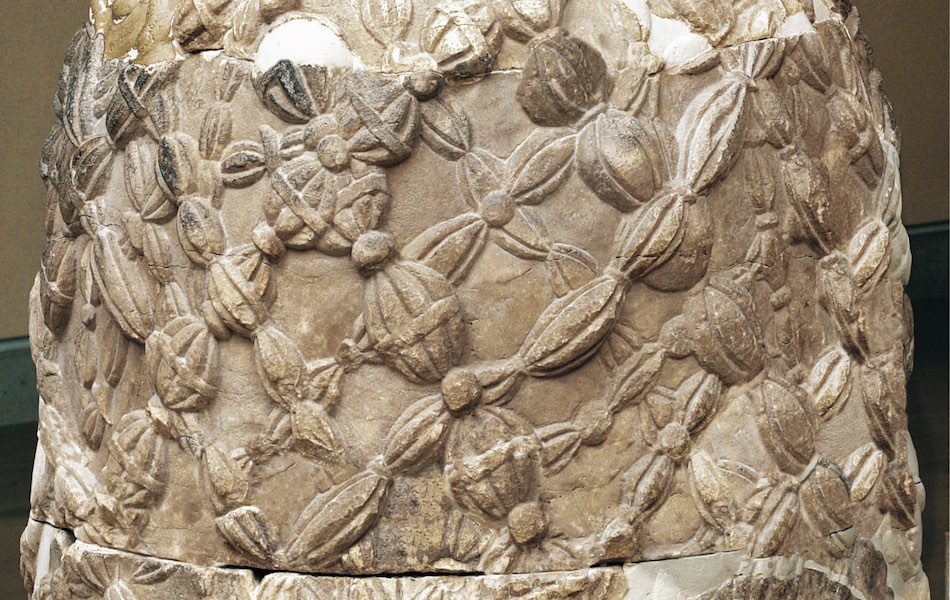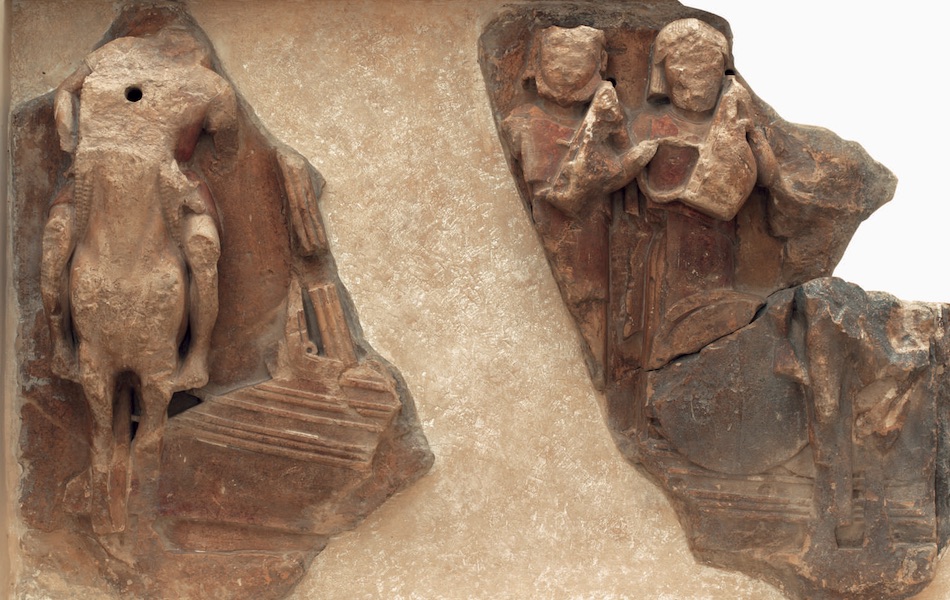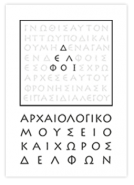[shortcode-weather-atlas selected_widget_id=18dc4732]
The Beginnings of the Sanctuary
The sanctuary of Apollo was established on the site of a Mycenaean settlement (1500–1100 BC) on the steep slope of the Phaedriades. Remains of the prehistoric settlement were unearthed in the deeper strata of the excavation, as well as several Mycenaean figurines.
According to the tradition, Apollo embarked on a journey in search of a suitable location to build the first oracle for mortals. Upon reaching Delphi, the location seemed appropriate for his purpose. However, the place was guarded by the serpent Python. Apollo slew the creature in a combat and took possession of the site.
The emergence of the cult of Apollo at Delphi is traced back to the 8th century BC, as attested by the recovered bronze male figurines and tripod cauldrons. In fact, the latter hold special symbolic significance for Delphi, as they relate to the oracular aspect of Apollo and the process of delivering oracles. The Pythia, Apollo’s priestess, could only utter her prophecies sitting on a sacred tripod.
Luxurious metalwork artefacts, either coming from regions of the Near East or imitating eastern models made their appearance in the late 8th century BC, while their number increased during the ensuing century. Among these works stand out the bronze shields with embossed and incised representations, as well as the new type of tripod cauldron, whose rim was decorated with protomes of animals or mythological creatures, such as griffins and sirens.
MUSEUM OF DELPHI
